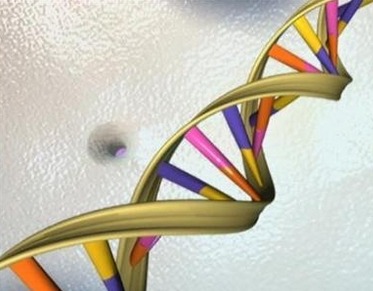Researchers find six more diabetes genes
(Agencies)
Updated: 2008-03-31 09:14
Updated: 2008-03-31 09:14
LONDON -- US and European scientists have found six more genes that make people more susceptible to developing type 2 diabetes, in a study they say may help prevent and treat the chronic condition.
The finding extends the total number of genes linked to the disease to 16 and provides clues to how the biological mechanisms that control blood sugar levels go awry when people get type 2 diabetes, the researchers said.
|
|
"None of the genes we have found was previously on the radar screen of diabetes researchers," said Mark McCarthy, a diabetes researcher at the University of Oxford, who co-led the study.
"Each of these genes therefore provides new clues to the processes that go wrong when diabetes develops, and each provides an opportunity for the generation of new approaches for treating or preventing this condition."
A diabetic's blood glucose levels tend to rise too high. Too much glucose in the blood can damage the eyes, kidneys and nerves, and lead to heart disease, stroke and limb amputations.
Type 2 diabetes accounts for about 90 percent of all diabetes cases and is closely linked to obesity and physical inactivity. The World Health Organisation estimates that more than 180 million people worldwide have diabetes -- a number likely to more than double by 2030.
In the study published in Nature Genetics, researchers from over 40 centers analyzed the genetic data of more than 70,000 people. The team turned up six genetic differences that each individually slightly raise a person's risk of diabetes.
But the risk for the few people unlucky enough to inherit all six variations is two to three times higher than the average risk, McCarthy said in a telephone interview.
"By getting a handle on the mechanisms involved in disease we can start to tackle them in a more systemic and scientific way," he said.
One of the surprising finds was the link between type 2 diabetes and a gene called JAZF1, which researchers recently showed plays a role in prostate cancer, the researcher added.
The researchers believe the genes -- which also include the CDC123-CAMK1D, TSPAN8-LGR5, THADA, ADAMTS9 and NOTCH2 genes -- are involved in regulating the number of insulin-producing cells in the pancreas, McCarthy said.
|
||
|
||
|
|
|
|
